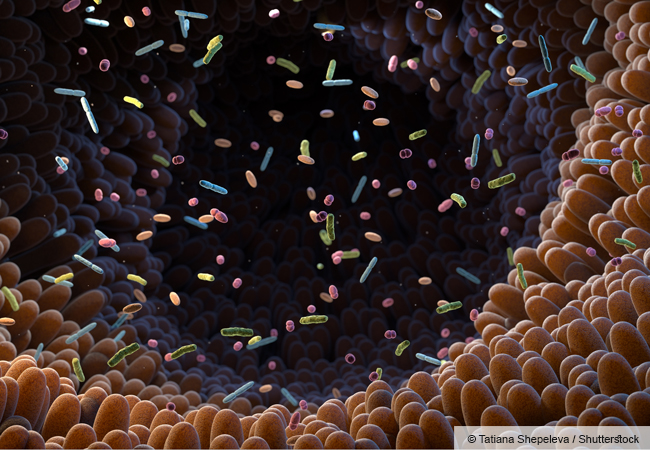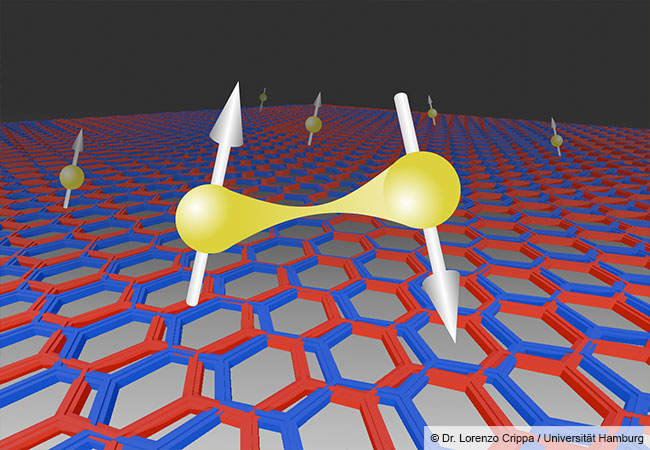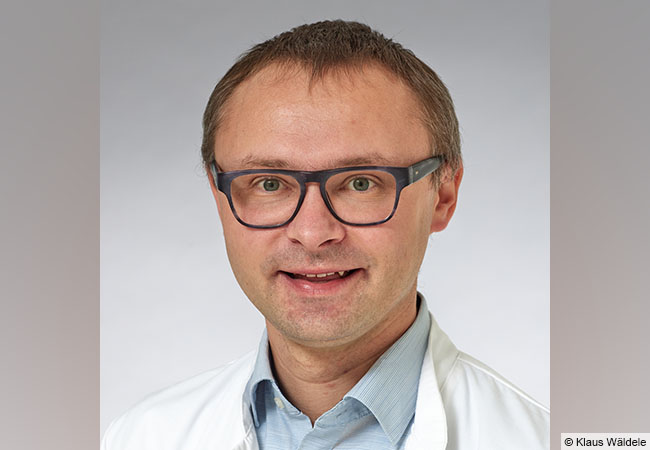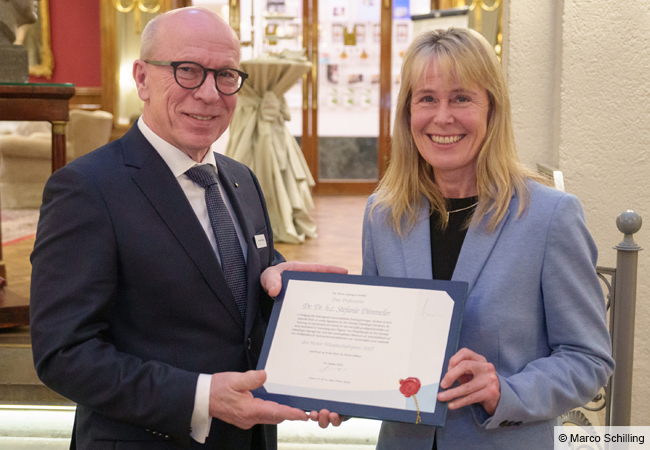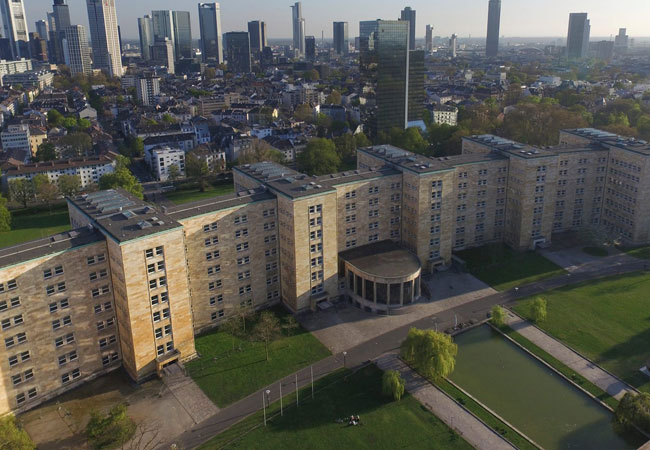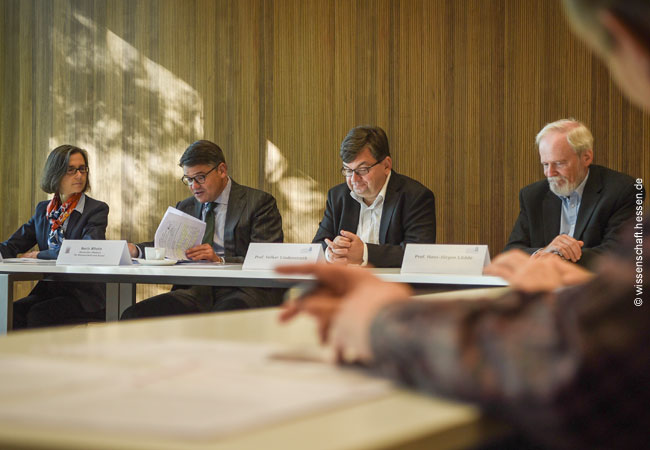
A new supercomputer, on course to set new standards in the field of green IT, is currently being developed at Goethe University under the leadership of Professor Volker Lindenstruth (professorship for supercomputer architecture). The tremendously energy-efficient computer, whose development costs are comparatively low, is based on a large number of high-performing, interconnected graphic cards, and a cooling system that utilizes river water from the Main. The water cooling system lowers the primary energy use for cooling to just about 8%. Other computing centres require six to ten times this amount of energy for cooling. In 2014, a supercomputer built according to the Lindenstruth’s construction principle achieved the number one slot in the world ranking of energy-efficient supercomputers.
The new GOETHE supercomputer in the Industrial Park Höchst, which is to be realized according to a construction principle further optimized yet similar to its predecessor, will be constructed in two phases. The first construction phase will be concluded by 13th December 2018 and cost approximately € 4.5m. The total costs amounting to € 7.5m will be financed by 50% from federal funds and by 50% from Goethe University and FIAS funds.
The result will be a supercomputer with 18,880 highly interconnected computing cores at its first stage. This translates into a tripling of the computing performance of the preceding model, the LOEWE-CSC, which also began operation in the Industrial Park Hoechst at the end of November 2010. At the time, it was the most energy-efficient supercomputer in Europe according to the international ranking “Green 500”.
On Monday in Frankfurt, Hessen Minister of Higher Education, Research and the Arts, Boris Rhein said: “The GOETHE supercomputer is crucial in order to realize research projects in the natural sciences, medicine, life sciences and economics. … With the approved funding, Goethe University will receive € 3.75m for half of the total costs of € 7.5m. This is an impressive achievement. The state of Hessen supported Goethe University’s application, because high performing computing capacities are essential for Hessen as science location.”
Professor Simone Fulda, Vice President for Research and Academic Infrastructure at Goethe University, states: “Goethe University began the realization of its own high-performance computer centre with significant financial effort many years ago, which was finally able to be built in the Industrial Park Hoechst. It was our good fortune to gain a specialist for supercomputers at Goethe University in the person of Volker Lindenstruth. He developed his own, extraordinarily efficient computer model that is setting standards in this area today and is in demand worldwide. The new Goethe supercomputer clearly continues this development line into the future. We look forward to presenting the completed first construction phase of our new supercomputer to the public on 13th December on location at the Industrial Park Hoechst.”
Professor Volker Lindenstruth, architect of the “Goethe Supercomputer“ emphasises: “The new Goethe supercomputer represents the fulfilment of a vision. High-performance computing is normally extremely expensive and energy-intensive. Thanks to our particularly efficient construction principle, we were able to decrease energy and operation costs to a minimum. This is particularly good news for increasingly IT-intensive science: we can provide maximum computing performance at costs that only would have been unthinkable just a few years ago.”


